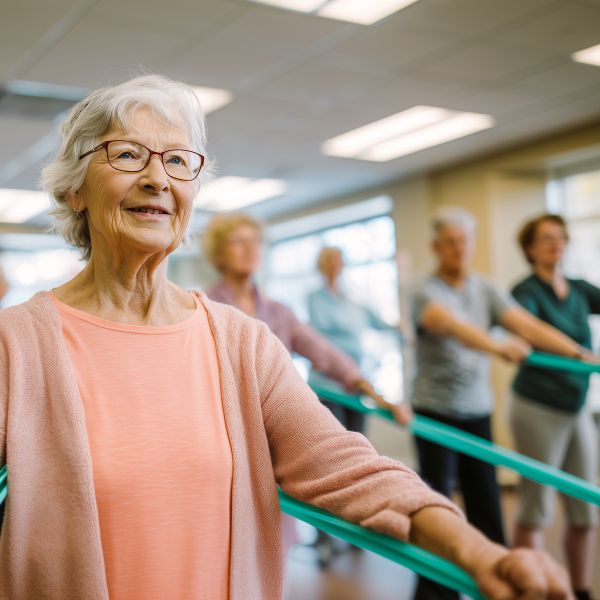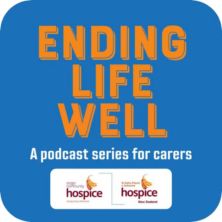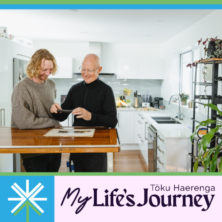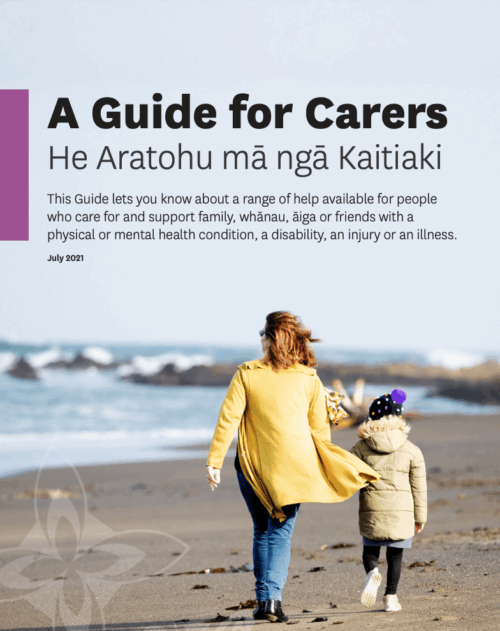Supporting someone you love, day to day through the end stage of life, can be an incredibly exhausting and challenging experience, but can equally be exceptionally rewarding, as a true expression of love and humanity.
When someone close to you finds out they have a life limiting condition, there will be so many unknowns and questions, but there will also be things you do know. By starting to make a plan, even if it means some very small next steps, you can support your loved one through what is often an incredibly sad and challenging transition. By making a plan together, it gives you an opportunity to talk about what you both want and need.
Taking care of yourself will mean you can better care for your loved one and handle the sometimes extreme physical and emotional demands of caregiving. If you are the main carer, you will need to consider your capacity for caring among the many other demands of life, including work, children and other family. Part of caring for yourself and ensuring you are able to meet the demands of caregiving is to consider who else could support you, to allow you to have a break.
Search products and services by region
Resources for Carers
upcoming events
20 March 2026
Guides & Planning Tools
Guides & Planning Tools
What families in Aotearoa need to know about Dementia
Dementia affects thousands of people and their whānau across Aotearoa New Zealand. While there is still no cure, research is deepening our understanding of prevention, early detection and management and there are growing opportunities to support brain health and quality of life.
According to Alzheimers New Zealand, around 70,000 Kiwis are living with dementia now (2025) and that number is increasing as our population ages.Three New Zealanders are developing dementia every hour, according to alarming new research from an Auckland University study, with a total of 500 new cases every week. The study projected that by 2050, nearly 170,000 New Zealanders could be living with dementia.





